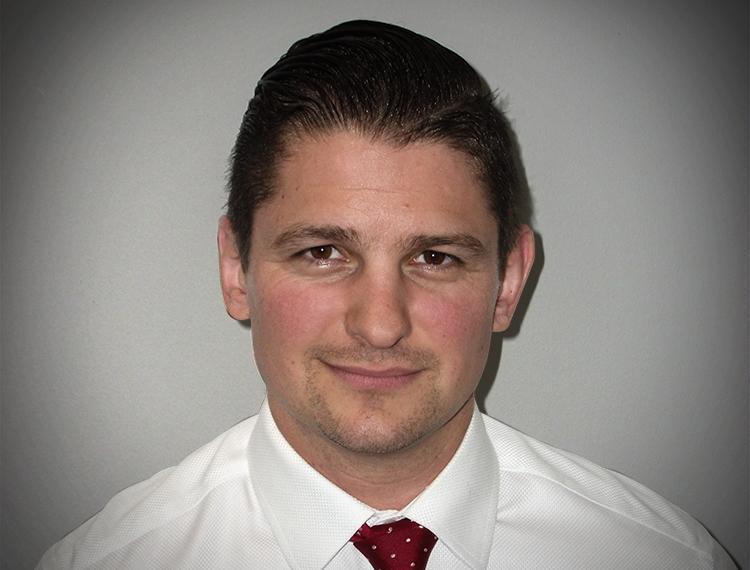The role of recruitment in the context of Educational change

Teaching practice has come a long way from its earliest predecessors and since lecturing staff are at the centre of everything that goes on in colleges it follows that by developing a climate of learning, which has a commitment to teaching practice development, it will create and sustain the very conditions required for continual improvement of the college and of student outcomes.
Education as a sector has also evolved in its understanding of what effective teaching looks like. Yet it is still recognised as a challenge to ensure that it’s happening across the board, in each and every classroom.
What causes teachers to change their teaching practice is less understood, although it is widely accepted that giving teachers and lecturers ownership of aspects of the change process promotes not only their engagement but their willingness to learn. Teacher learning significantly enhances pupil learning (Pollard, 2010).
How should recruitment fit into the professional development process?
Poor quality recruitment creates instability where the very structures that support formal and informal learning are destroyed. Teachers and lecturers require multiple opportunities to learn and develop their teaching practice with resource and time made available.
It goes without saying that recruitment should, first and foremost, support the hiring of good quality lecturing staff that will enhance learners’ experience. It should also ensure successful teaching, learning and assessment are evident within the staffing supply of a school and college.
Recruitment must evolve in tandem with the sector to ensure that the agency service supports development with continuous assessment to maintain high standards of teaching. Being tightly aligned with the college in the hiring process creates a firm commitment to continual improvement of the college in a planned and integrated way.
Resources and systems
The arm’s length approach to hiring professional teaching staff by agencies is no longer accepted or acceptable for excellence in education. Just like teaching practice, agency recruitment has come a long way since its previous incarnation; agency regulation and compliance has improved standards of delivery where only the professional firms can survive; on the demand side requirements are also more stringent which include expectations in agencies owning educational leaders’ responsibilities and learning outcomes from the recruitment decision. The strategic context is important to consider too. Teachers work under local and national policy agendas and government reform regularly affects their work. Agencies must now understand this background as well as the individual requirement.
Recruiter-college collaboration is important in planning to develop teaching practice. Hiring agencies hold a duty of care to work to support colleges through Ofsted inspections and The matrix Standard with ongoing monitoring and evaluation to assess the quality of teaching and impact of work over time. This is particularly relevant with agency staffing where reputations and standards in the past have not been high and a way of overcoming this is for the staffing agency to work with the sector enforcing professional practice as an on-going part of their service provision.
Our experience tells us that were there is a support framework for Continual Professional Development (CPD) it encourages teachers to develop their teaching practice and this significantly contributes to positive change and improved outcomes. Morgan Hunt assess all their candidates as part of their standard processes and where there is a skills shortage or a training need they offer CPD training to get them to the level of where they need to be before and during placement. As a collaborative partnership quality is embedded into the full recruitment process.
Recruitment is now more about working as a trusted partner that supports the college and the school to find and develop good quality teaching staff bringing about school improvement.
A focus on development
Morgan Hunt’s comprehensive GetReady2Work professional development programme provides step by step career progression for college lecturers.
Aligned and integrated into its recruitment and placement of teaching staff, GetReady2Work is the ultimate teaching and development approach to teacher supply in education. It offers CPD4Life to raise standards, Train2Teach for formal qualification, Train2Assess to broaden your career and Mentor4Change to network and learn.
It is clear that developing the educational workforce is the route to better performance in colleges. It is also clear that poor quality recruitment drives fire-fighting behaviours as the weight of the regulatory bodies fall upon them. What is not so apparent is the role that agency recruitment can play in creating positive change in helping colleges and schools bring about improvement.
Chris Wimshurst – Board Director – Education South at Morgan Hunt

Responses